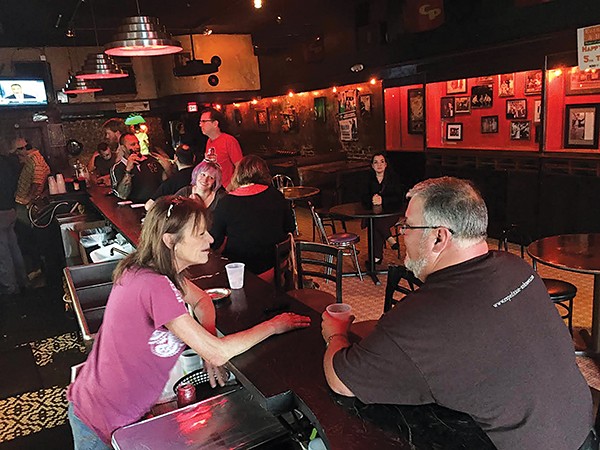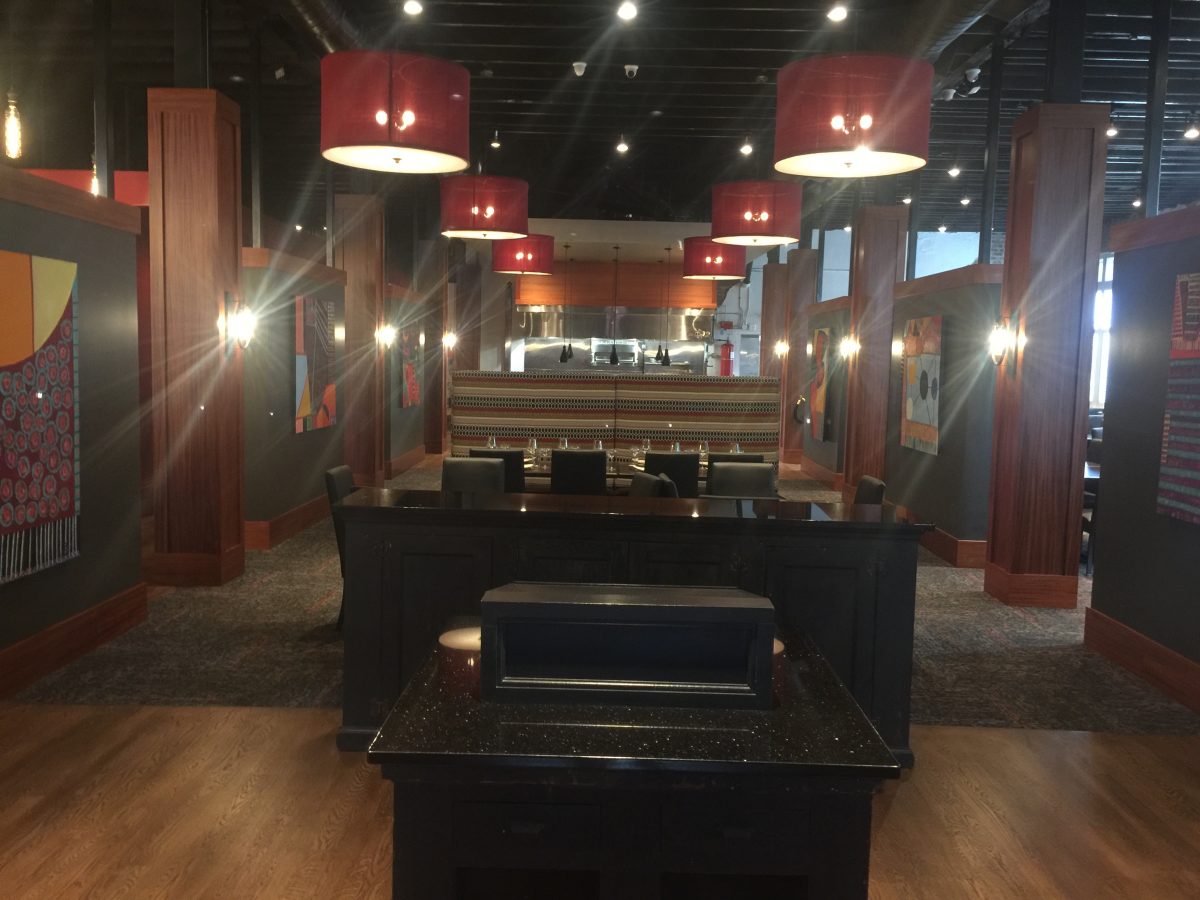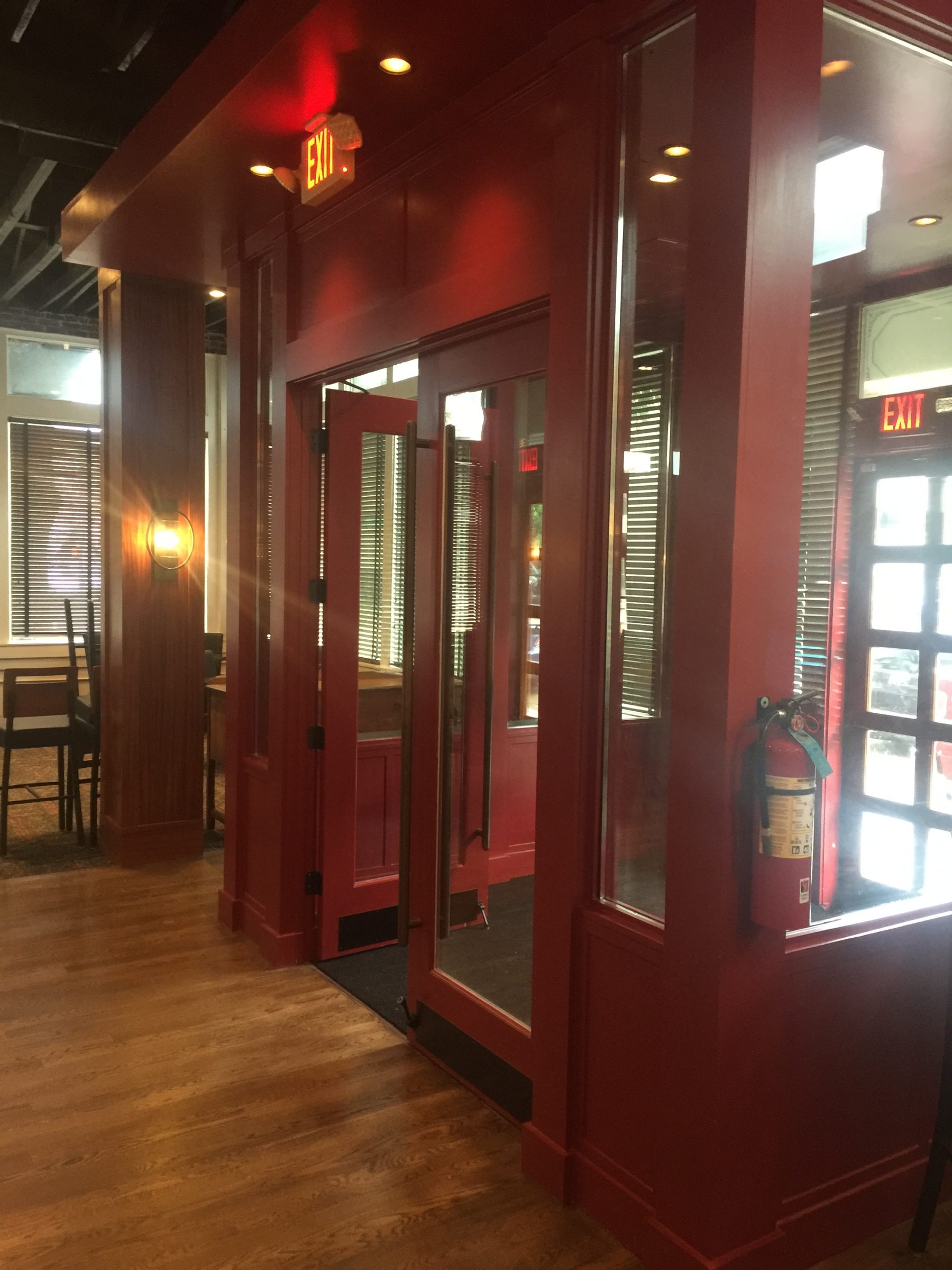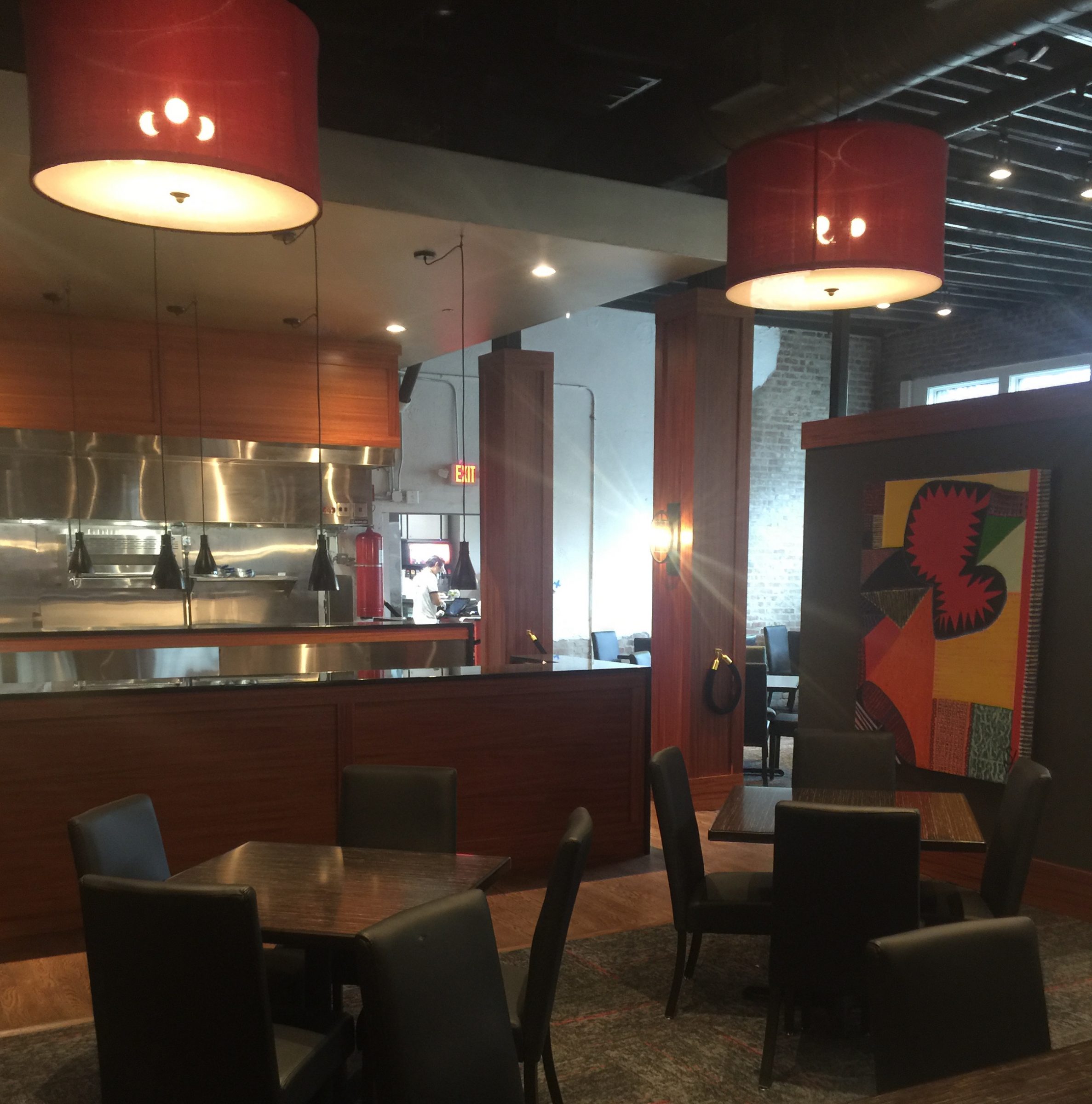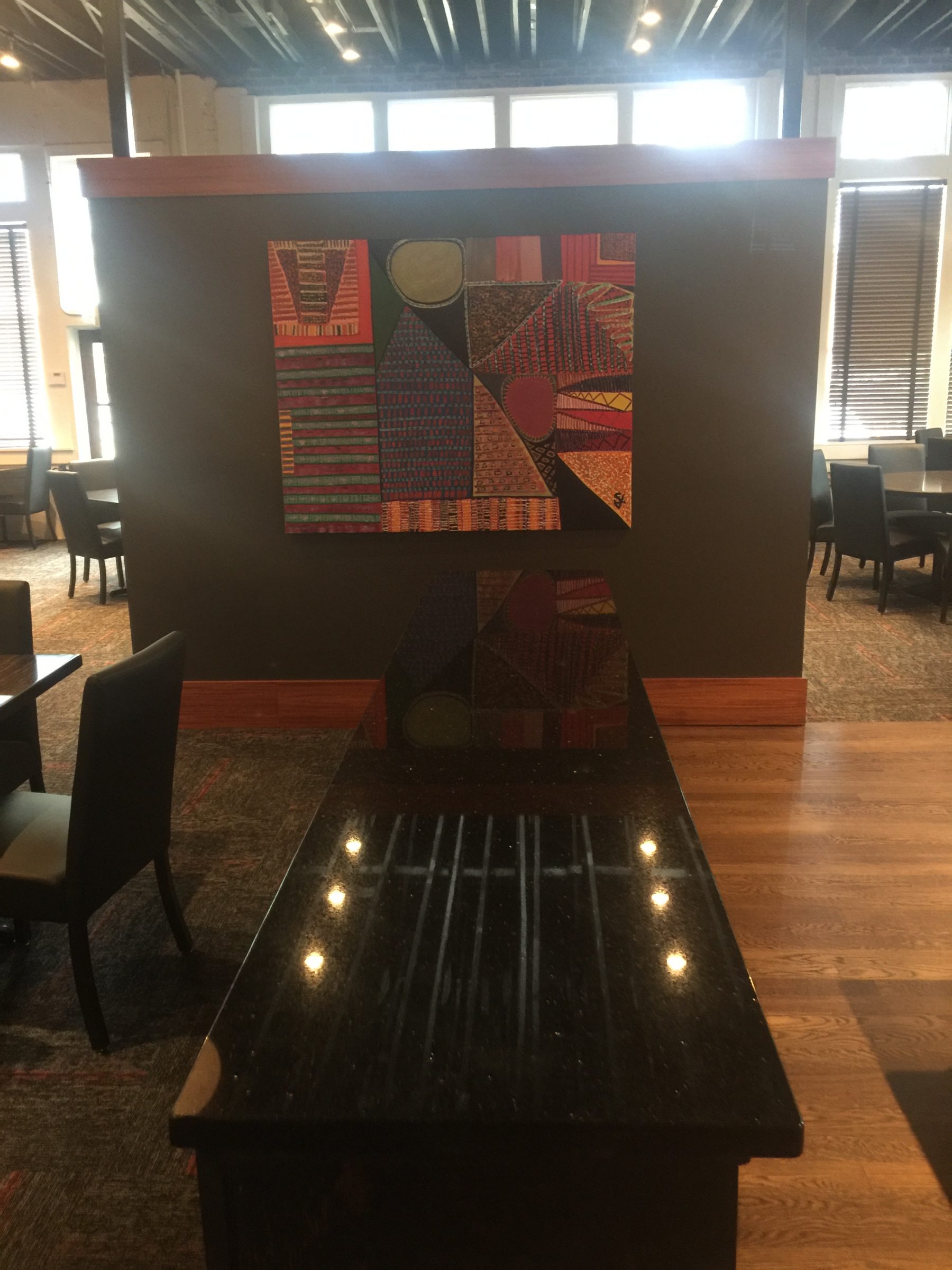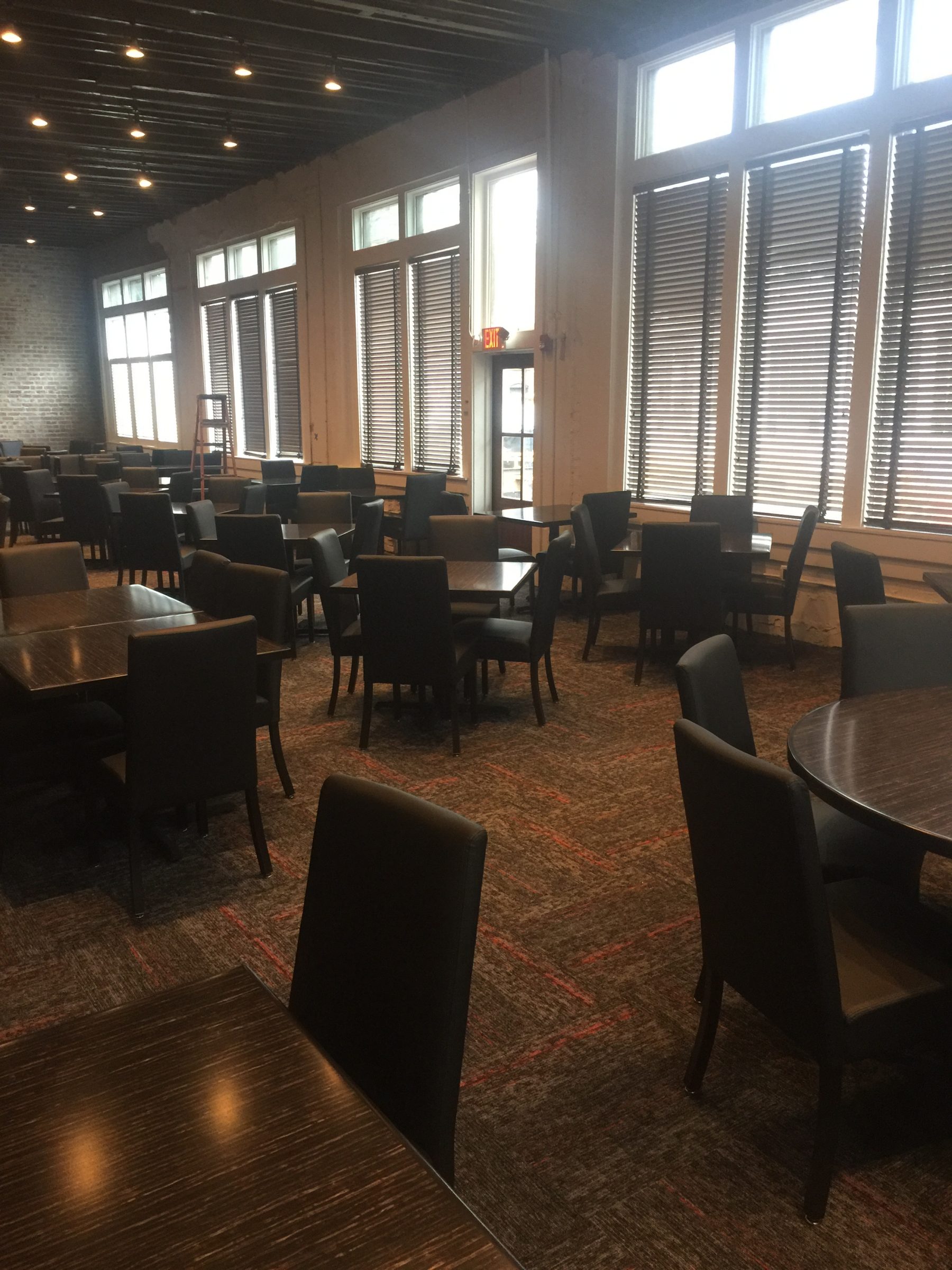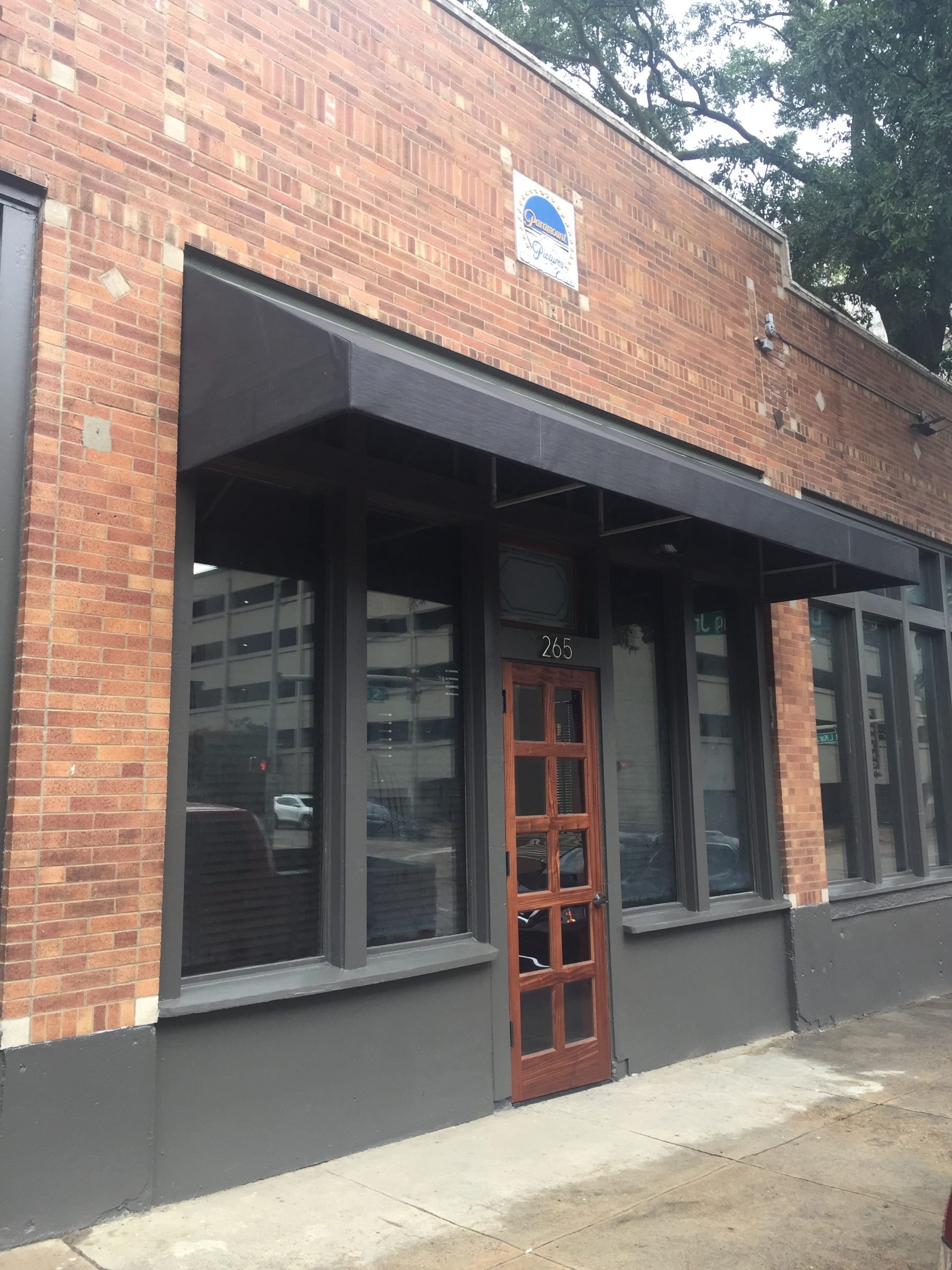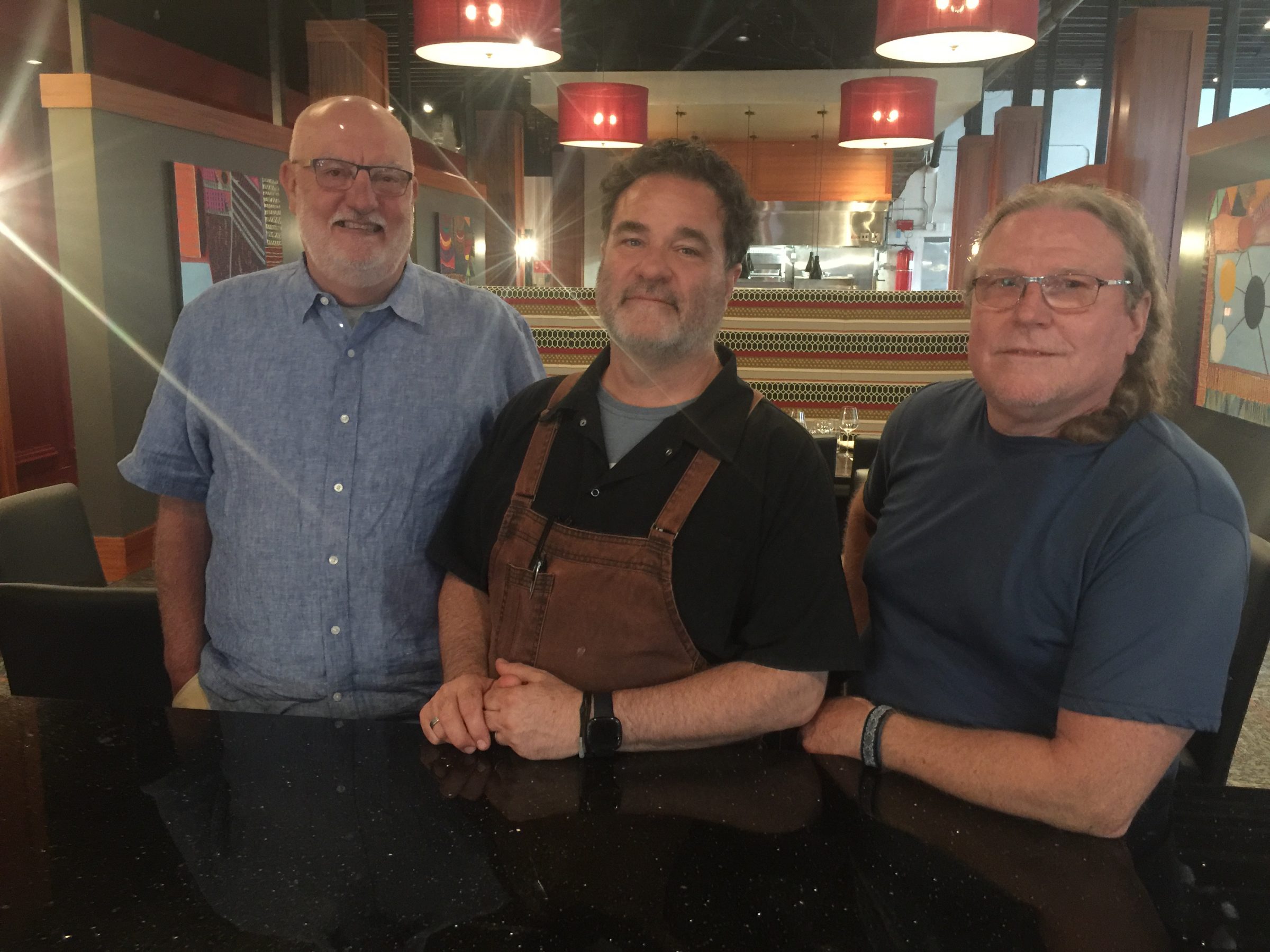Workers at four Memphis restaurants, including Earnestine & Hazel’s, sued the owners to recover alleged unpaid minimum wage and overtime.
In March, an attorney filed three separate suits against Local in Memphis, the parent company of The Vault, Earnestine & Hazel’s, The Paramount, and The Backlot Sandwich Shop. The suits claim three different classes of employees — servers and bartenders, managers, and one cook — are owed unpaid wages, legal fees, and more. They all list Local in Memphis co-owner Tyson Bridge as the point person for the company.
In the suit involving the servers and bartenders, the suit claims the company did not tell the employees they were working under a tip-compensation plan. This system is a way for companies to include an employee’s tips toward the employer’s minimum wage requirements, according to human resources company Paychex, Inc.
Attorneys for the servers and bartenders said the Fair Labor Standards Act (FSLA) puts “strict requirements” on companies using the tip credit system. In the case of Local in Memphis, these “requirements were not met.”
For one, the employees were not told by the company they were working under the system. For this, the servers and bartenders were working for $2.13 per hour, the required minimum wage for tipped employees, instead of the $7.25 regular minimum wage. The employees are entitled to the difference for those hours worked, the lawsuit says.
Also, these servers and bartenders were made to do “dual occupation” work and side work like cleaning bathrooms, stocking ice, sweeping, cutting fruit, polishing silverware, and more. These jobs do not allow the employees to make tips while they are paid below the minimum wage. Labor law allows tipped employees to do some of this work. But the suit says Local in Memphis made their employees do more, violating federal law.
“For example, plaintiff [Amanda] Levitch was required to clean up a vomit-filled sink during one of her shifts (and while being paid at a reduced tip-credit rate of pay),” reads the suit.
The company runs its restaurants as one entity and co-mingled its staff and management, the suit says. The employees would work at the different locations and their work hours would sometimes meet or exceed 40 hours. Federal law says employees working more than 40 hours must be paid time-and-a-half.
The suit claims, though, that the restaurant owners counted the employees’ time at each restaurant, “in order to maintain a façade that plaintiffs were working less than 40 hours per week.” The owners failed to pay overtime to the employees because they did not calculate overtime based on all hours worked for the company when they worked multiple restaurant locations in the same week.
“[The restaurant owners] were, in reality, one operation that was divided into multiple entities to support the fiction that they are not joint employers and/or an integrated enterprise,” reads the suit.
The second and third suits cover restaurant managers and a cook. They claim the restaurant owners used the same scheme to avoid paying them overtime they deserved.
For this and more, the servers and bartenders, managers, and the cook, all seek alleged unpaid compensation. The servers and bartenders want compensation for unpaid minimum wages. All of the groups want compensation for unpaid overtime, liquid damages (a pre-determined money award), legal fees, attorney fees, and jury trials to get them all.
In the March filing, the employees were not able to say exactly how much money they were owed, but thought the information may come out in the legal process. In these cases, the amounts of hours and money can be determined through the employees’ testimony, but the burden of proof is ultimately on the employer.
